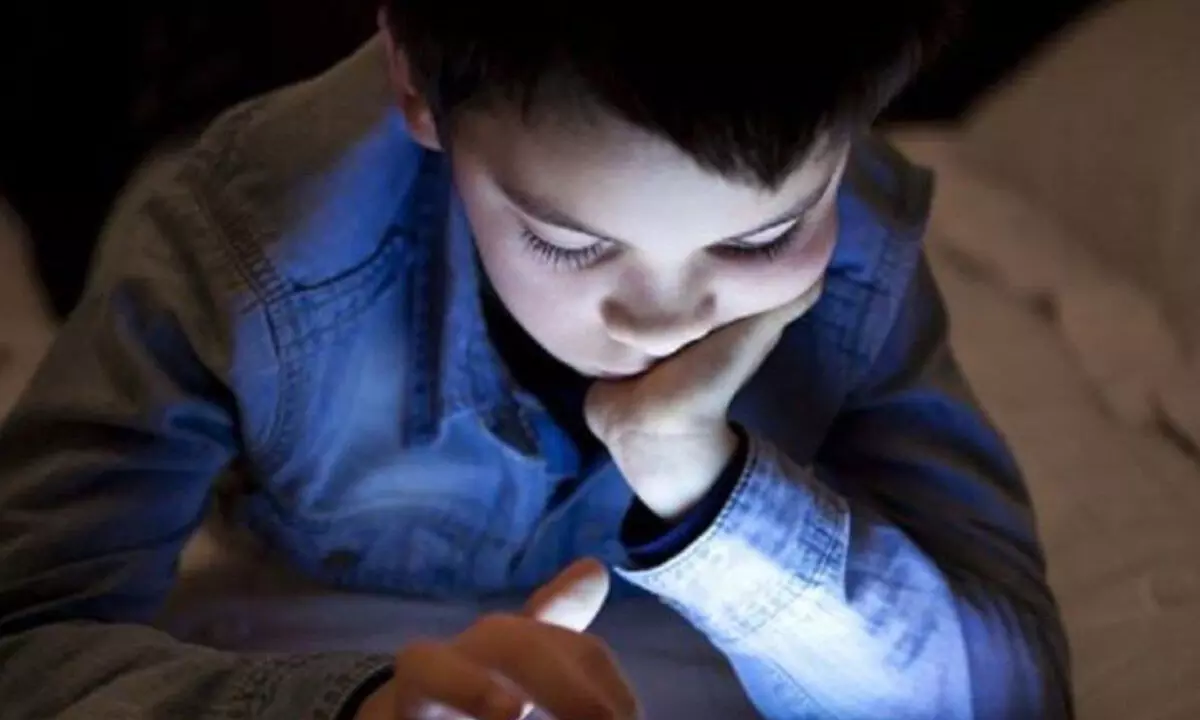New AI app can screen kids for autism

Researchers have developed an app driven by Artificial Intelligence (AI) that can run on a tablet to accurately screen for autism in children by measuring and weighing a variety of distinct behavioural indicators.
New York: Researchers have developed an app driven by Artificial Intelligence (AI) that can run on a tablet to accurately screen for autism in children by measuring and weighing a variety of distinct behavioural indicators.
Called SenseToKnow, the app delivers scores that evaluate the quality of the data analysed, the confidence of its results and the probability that the child tested is on the autism spectrum. The results are fully interpretable, meaning that they spell out exactly which of the behavioural indicators led to its conclusions and why.
This ability gives health care providers detailed information on what to look for and consider in children referred for full assessments and intervention.
"Autism is characterised by many different behaviours, and not all children on the spectrum display all of them equally, or at all," said Geraldine Dawson, Director of the Center for Autism and Brain Development at Duke University in the US.
"This screening tool captures a wide range of behaviours that more accurately reflect the complexity and variability found in autism."
Recent research has shown promising results from tracking children's eye movements in response to specially designed movies that can help diagnose autism in a clinical setting.
SenseToKnow detects a wider range of behaviours such as facial expression, gaze patterns, head movements and blink rate. It also incorporates an on-screen bubble-popping game to assess motor movement and skills, as delays in motor skills are one of the earliest signs of autism.
The app, detailed in the journal Nature Medicine, uses almost every sensor in the tablet's arsenal to measure and characterise the child's response without the need for any sort of calibration or special equipment.
It then uses AI to analyse the child's responses to predict how likely it is that the child will be diagnosed with autism.
The AI tool is able to provide scores for both the quality of data that the app was able to capture as well as its level of confidence in its own analysis -- both of which, the researchers believe, are a novel feature.
In the study, SenseToKnow was administered to 475 children during a paediatric well-child visit, 49 of whom were subsequently diagnosed with autism and 98 with developmental delay without autism.
The app showed 87.8 per cent sensitivity for detecting autism, meaning it correctly identified most children with the condition. Its specificity -- the percentage of children without autism who screened negative -- was 80.8 per cent.














